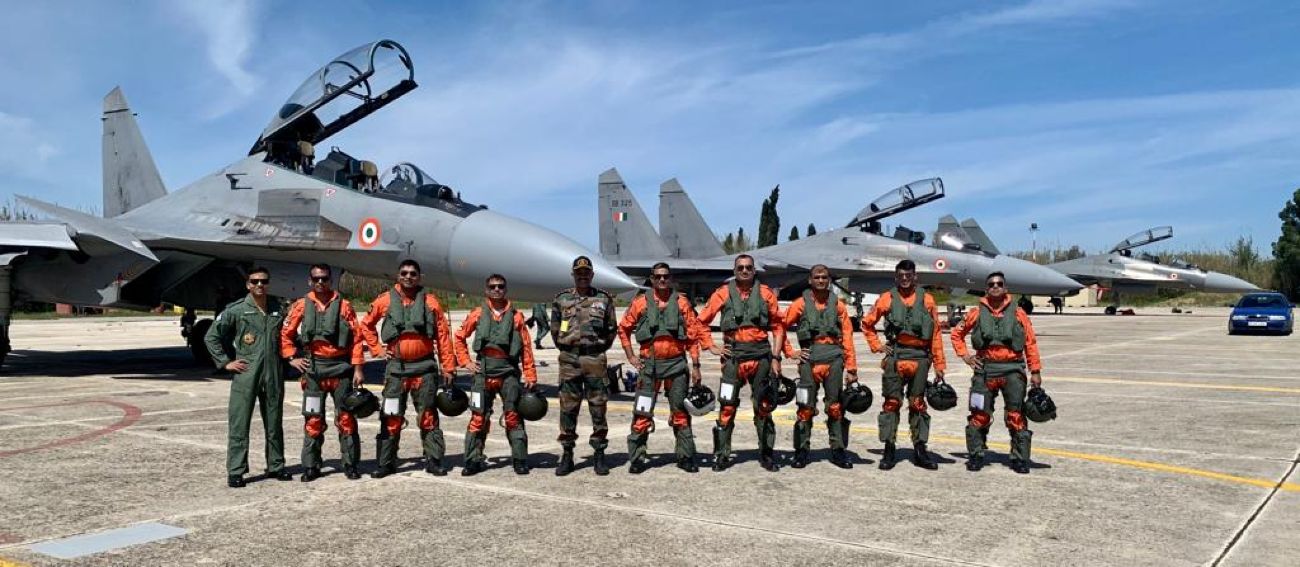Restoring confidence in Turkey
Pakistan’s war on the side of the Taliban had brought the Northern Alliance under pressure and there were times when the Uzbek warlord Rashid Dostam had to flee to Turkey to avoid getting killed. Turkey found itself aligned with a large number of states resisting the Taliban order in Afghanistan. Although relations with Pakistan were guarded from becoming overtly bitter, an undertow of offence was always to be felt. That phase is hopefully over with the president’s visit and the signing of an anti-terrorism agreement opening channels of information on who’s who in the terror international.
Turkey, like Iran, has been very careful about stoking irredentist fires outside its borders. Iran was steadfast in not encouraging the Azeri religious elements to use Iran as a base for operations; it had also retreated from an early forward policy in Central Asia to allay the fears nursed by Russia within the Commonwealth of Independent States (CIS). Turkey, while unofficially sympathetic to the pan-Turkic movements in Central Asia, kept carefully out of the imbroglio in Chechnya in the Caucasus although a large expatriate Chechnyan minority was spoiling to fish in troubled waters in the Russian Federation. Pakistan had followed a different course, supported only by Saudi Arabia. It beefed up the Taliban ability to fight and was not averse to meddling ‘unofficially’ in the internal affairs of neighbouring countries. Unlike Iran, it followed an open-door policy for the jihadi recruits from all over the world while knowing that they were more often than not linked to Osama bin Laden’s global terrorist network.
When the Taliban were defeated by an international coalition under UN Security Council resolution 1373, Pakistan began to realise how many enemies it had made through its jihadi irredentism. Not only were the governments of Iran and Central Asia offended with Pakistan, distant friends like Turkey too were put off, especially as intelligence reports poured in about Kurdish Islamists using Pakistan as their launching pad to touch base with Al Qaeda in Afghanistan. The Kurdish leader of an Islamic terrorist organisation in Northern Iraq, Mullah Krekar, arrested recently in Germany, was thus unknowingly facilitated by Pakistan. Information filtering into Pakistan after the recent acts of terrorism in Ankara pointed once again to the fact that the bombers had been trained in Afghanistan and had travelled to the training camps from Pakistan.
Pakistan of course has resiled from the self-damaging strategic position it had assumed during its policy of supporting the Taliban with accompanying Talibanisation of Pakistan itself. As President Musharraf said in Ankara, the gulf of understanding between Islam and the West has been caused by extremist Muslims. This marks the abandonment on the part of President Musharraf of an effort to defend all Muslims under the rubric of Islam. The earlier formulation favoured by most Muslims was that Islam did not allow terrorism and that Muslims could not do it and remain Muslims. After the attempts on his own life and the suicide-bombings recently suffered by Saudi Arabia and Turkey, the category of ‘extremist Muslims’ has been accepted. And the ‘gulf of understanding’ is not owed to any lack of knowledge on the part of the West but to extremists who are Muslims. This is also closer to the truth. The move in Turkey should be a part of a larger strategy of repairing relations with Pakistan’s neighbours. A restoration of old confidence in Ankara will have a positive fallout on the Northern Alliance in Afghanistan wherein the Uzbeks form an important faction.*



